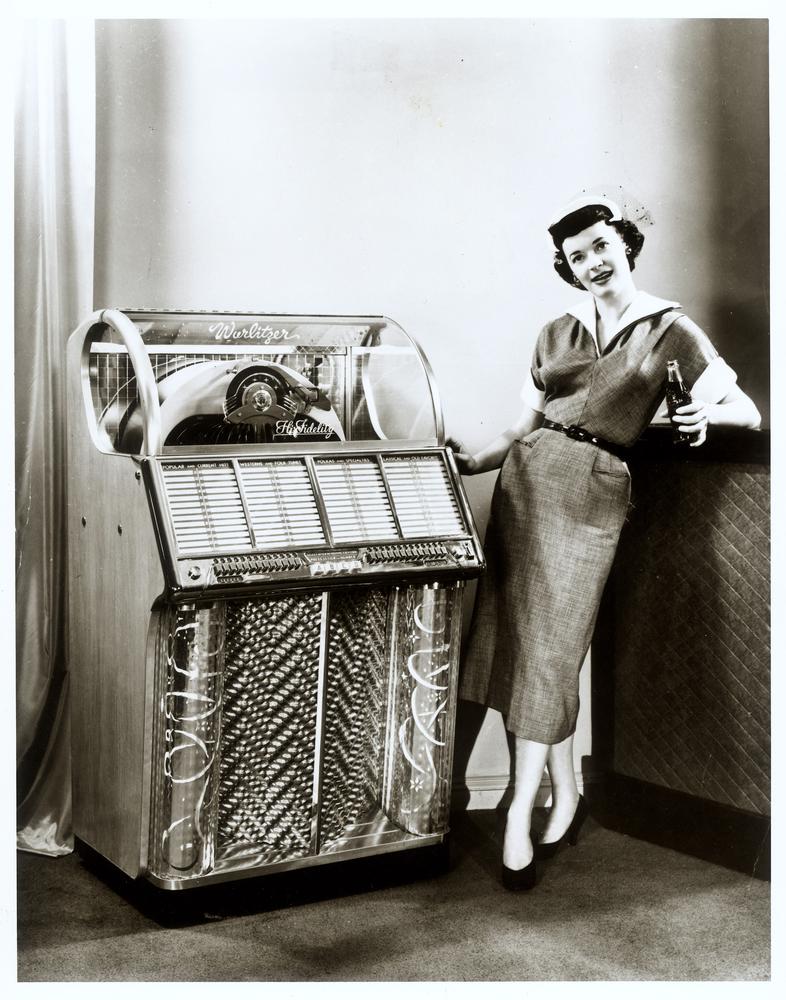 Google Sips Espresso
Google Sips Espresso
Both On Demand and Google will be receiving one dollar each in royalties from the books, an amount Google has promised to donate to charities and nonprofits. NOTE: They should give the money either to Reading Rainbow or Project Gutenberg, I don't care which.
According to today's press release, the key benefits of On Demand Books include:
1. Decentralizing the production and distribution of physical books.
2. The ability to offer bookstores, libraries, universities and other retailers, a virtually limitless digital inventory and a more efficient delivery of printed books.
3. Enabling self-published authors to have instant print distribution.
4. Bringing books to underdeveloped areas to encourage literacy.
5. Reducing the carbon footprint by matching supply with demand, eliminating returns and supply chain costs as well as unnecessary pulping of paper.
Right now, to print on an Espresso Machine, bookstores must connect to EspressNet, "a proprietary and copyrighted software system that connects EBM to a vast network of permissioned content. Using industry-standard encryption methods EspressNet assures the security of publishers' titles, tracks all jobs, and provides for payments to publishers. Content owners retain full ownership and control of their digital files."
This will change. Either On Demand Books will soon begin allowing people to print whatever book they want for a flat fee from a .pdf or .epub file, or someone else will come along with a different machine that will allow open, universal access. Either these machines will be useful like copy machines, or they won't be successful. Of course, if they are successful, that means the end of both traditional publishing and traditional bookstores.
This deal mirrors Google's agreement with Sony last year to bring 50,000 public domain scans to the Sony ereader, a deal which established Sony as Google's creature when it comes to the delivery of their persistent, "cloud" book scans. At this point Amazon has been officially checkmated in three moves, unless the Google Book Settlement gets axed by federal court or France bankrupts Google with their entirely separate lawsuit against Google for copyright infringement. The fairness hearing for the Google Book Settlement will take place on October 7th, and Judge Denny Chin claims he has received over 400 different briefs alleging everything from antitrust to international warmongering against Google and the Author's Guild.
The public domain scans that Google has bestowed on Sony and On Demand Books are Google's method of getting you addicted to them as a one-stop provider for long-form previously-paper-published content. They have pledged that whether or not the Settlement passes, they will begin electronically publishing new books by Christmas, competing with similar schemes by Amazon and Scribd. If the terms and conditions of the Book Settlement are any indication, Google's deal (60/40) will be better than Amazon's (50/50), but not as good as Scribd (80/20).
The increasing ubiquity and high-profile of the Espresso Book Machine brings us ever closer to our vision of the bookstore of the future...
Posted by miracle on Thu, 17 Sep 2009 23:26:55 -0400 -- permanent link




